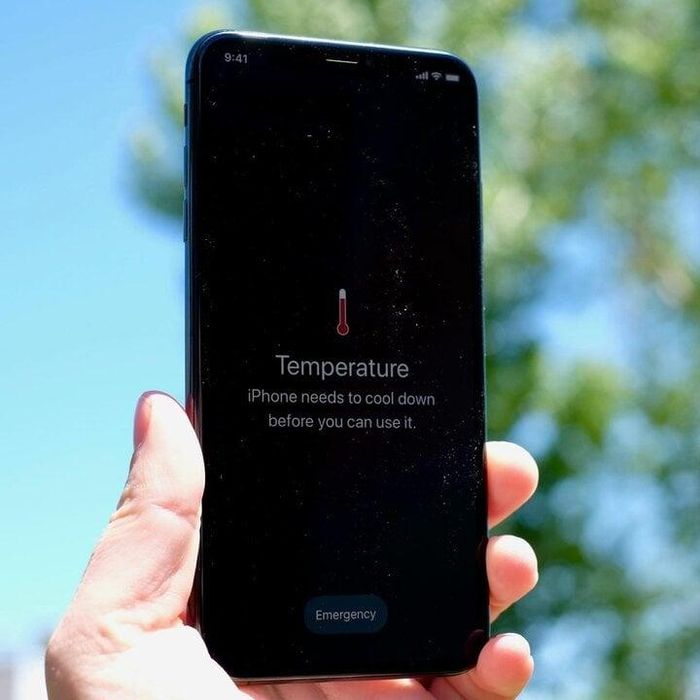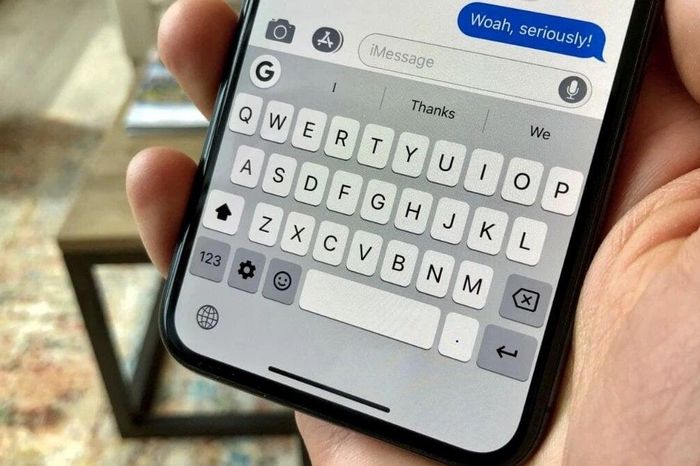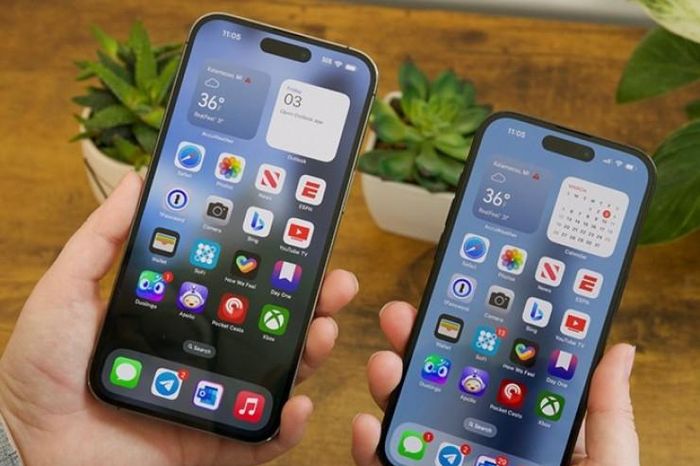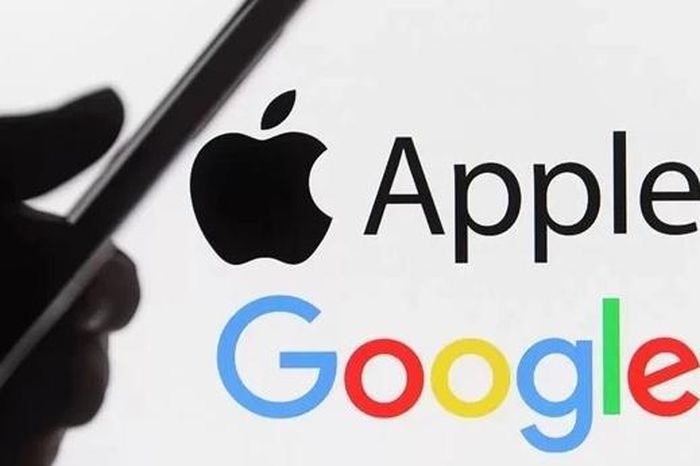Does fast charging iPhone cause side effects?
For users of iPhones or electronic devices in general, the battery seems to be one of the most 'cared for' components. Simply because no one wants to experience a battery drain or bulge after just a short time of use.
One of the questions that many users are most interested in is whether using fast charging will have any negative effects on the iPhone battery. It is important to know that this concern is not unfounded, because when fast charging technology was still in its infancy, overheating of devices occurred quite often.
For Lithium-ion battery technology commonly used in smartphones today, overheating seems to be the number one 'enemy' that worsens the battery aging process. To understand why, we first need to learn a little about how smartphone batteries work.
Phone batteries, like most other lithium-ion batteries, have two layers: lithium cobalt oxide and graphite. When lithium ions move from the graphite layer to the lithium cobalt layer through the electrolyte solution, electrons are released. When you charge the battery, the ions move back and are stored to be released later when using the device.
That release of energy creates heat that users can feel radiating from the back of the phone after a long charge or prolonged use.
The reason why current batteries have a limited lifespan lies in the above electrolyte solution. Over time, salt molecules in solution can crystallize, forming a solid that prevents the passage of ions through the solution. If fewer ions pass through, fewer electrons are released and the battery cannot provide as much power as when it was new. Due to the chemical nature of batteries, this process will always occur, no matter how much care the user takes.
But it's worth noting that this crystallization process can happen faster if the smartphone is exposed to extremely high temperatures, such as through transferring a lot of energy to the battery at once with a fast charger. Once crystallization has occurred, it cannot be reversed.

In short, fast charging could theoretically impact battery life if heat control is not optimal. Fortunately, to limit this effect, manufacturers like Apple have optimized a lot of technology in both hardware and software so that users can use fast charging without having to worry too much.
On iPhone, a feature introduced by Apple in recent iOS versions is Optimized Battery Charging. This technology leverages machine learning algorithms to adapt to the user's charging habits. For example, if a user continuously charges the phone overnight, the software will ensure that the device does not stay fully charged for too long, reducing the pressure on the battery.
Interestingly, some Android manufacturers, such as Xiaomi and OnePlus, have adopted innovative methods such as dual batteries and heat dissipation optimization to solve heat-related battery problems.
For users who are concerned about battery life or still face overheating when charging quickly, alternatives such as using a slower charger or a wireless charging solution like MagSafe may be viable options. exam.
Although MagSafe is not as fast as traditional fast chargers, it provides a balance between charging speed and heat generation. By paying attention to environmental conditions and charging habits, users can extend the life of their smartphone battery.
To summarize, with the technological advances applied in recent iPhone lines or the increasingly intelligent software, users can now feel more secure about using fast charging with new smartphone lines, for free. It is possible to control the heat during use and charging.
 Top 5 Apps to remove acne quickly, simply, and easily
Top 5 Apps to remove acne quickly, simply, and easily Top 5 best photo blurring apps on phones
Top 5 best photo blurring apps on phones Top 5 most professional fashion design apps
Top 5 most professional fashion design apps Tell you simple tips to write faster on iPhone
Tell you simple tips to write faster on iPhone iPhone 17 Pro may be delayed
iPhone 17 Pro may be delayed Google considers charging users on iPhone devices
Google considers charging users on iPhone devices